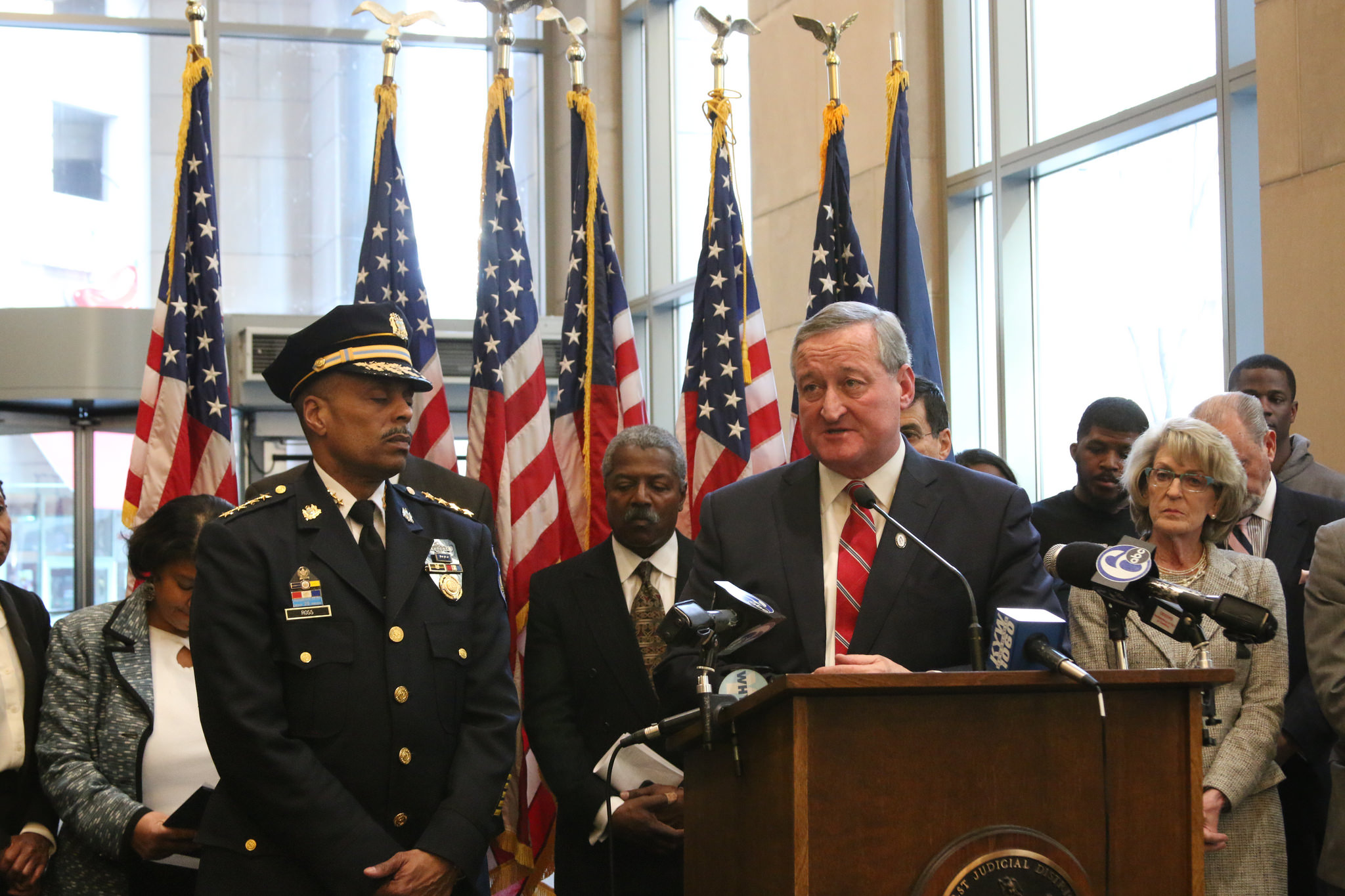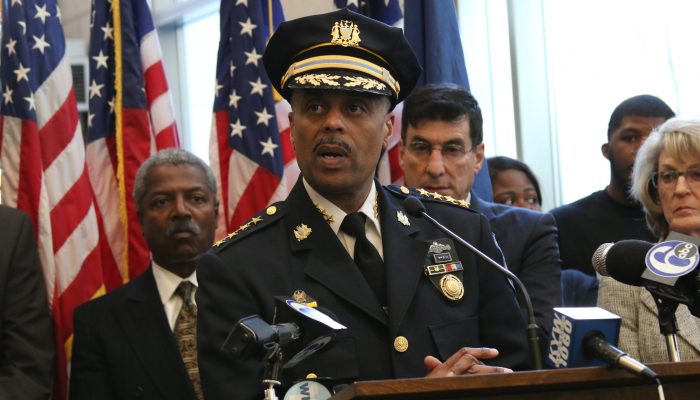Right now cities across the country are facing a huge problem: the largest number of people incarcerated in all of human history.
That’s why one of the primary objectives of the Kenney Administration is to join other cities and states in reforming the nation’s criminal justice system.
This important work will build a safer, more equitable society for all. It affects how things are done in Philadelphia’s detention centers, jails, courts, and public safety systems.
Getting there requires concrete actions, including:
- Limiting jail admissions
- Reducing case processing times
- Increasing pretrial supervision and services
- Reducing reliance on cash bail systems, including increasing programs for individuals who can safely return to society while awaiting trial
- Increasing diversion programs for individuals who can safely return to society before trial
- Building data-driven systems to better track ethnic and racial disparities
- Training employees in all relevant agencies on explicit and implicit bias

Philadelphia’s work to reduce the number of those incarcerated received a momentous boost in spring 2016 when the MacArthur Foundation announced a $3.5 million grant to the City. This grant will serve as the foundation of a massive overhaul of the local criminal justice system.
The primary goal: reducing Philadelphia’s jail population by 34 percent over three years.
It’s bold but realistic.
By June 2017, Philadelphia already reduced its population by almost 20 percent by implementing 12 of the 19 programs and initiatives that were part of the City’s MacArthur proposal.
New programs now help prevent incarceration by diverting people to treatment programs instead of directly to detention centers. For instance, if someone is specifically court mandated to avoid drugs and alcohol but tests positive for use, in many cases they may now go into treatment instead of straight to detention.
Likewise, the City now uses bail advocates from the local Defender Association to assist defendants meet their legal obligations while still taking care of their families and other responsibilities. Previously, bail commissioners would make judgments for cash bail based purely on the alleged offense.
Now, bail advocates obtain information from the defendants — like whether they have a job they need to report to or have stable housing or children to care for — and bail advocates communicate these needs, which bail commissioners then factor into their decision making.
Along with reducing the City’s jail population, Philadelphia has decriminalized several minor infractions, like disorderly conduct and marijuana possession. Instead of arresting offenders, local police can issue tickets.
This enables the Philadelphia Police Department to focus resources on keeping communities and neighborhoods safe from more serious crimes — and it helps reduce disparities throughout the system.
While there’s still much work to be done, the progress already made suggests that a more equitable city for all Philadelphians is getting closer every day.

